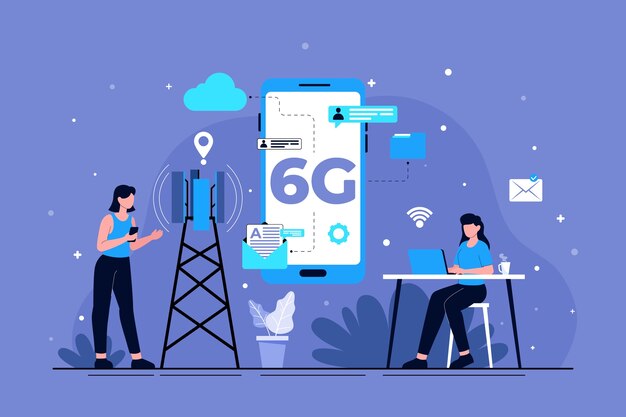Right now, app development companies in Noida are helping businesses jump into the fast-moving world of on-demand services. Mobile apps are everywhere, and companies here are building smart, feature-packed apps that actually make life easier for customers and help businesses run smoother.
Developers in Noida know their stuff. They use the latest tech, design apps that are easy to use, and make sure everything works together seamlessly. That’s how businesses stay ahead in today’s digital race.
Why On-Demand Service Apps Are Taking Off in Noida
There’s a reason on-demand apps are exploding in Noida:
You get what you want, fast. Need a service? Just tap your phone.
Businesses run more efficiently, with less paperwork and fewer manual headaches.
Apps use AI and data to give you a more personal experience.
When your business grows, your app grows with you.
New features and smart ideas keep users coming back for more.
App development agencies in Noida are stepping up, building custom solutions for everyone—from fresh startups to established companies.
What App Development Companies in Noida Offer
- Custom Mobile App Development
Apps made just for your business, built from the ground up. - UI/UX Design
Attractive, simple designs keep users coming back. - Backend Development
Strong, secure backends mean your app runs smoothly, no matter what. - App Testing & Quality Assurance
They test everything, so your users don’t hit bugs or glitches. - Post-Launch Support
Your app stays sharp with regular updates and maintenance.
How Businesses in Noida Benefit
Run things more smoothly with automation
Connect better with customers through easy-to-use apps
Grow faster by catching the on-demand wave
Stand out with features your competitors don’t have
Get solutions that fit—whether you’re a new startup or a big company
Why Bring in App Developers from Noida?
When you work with Noida’s app development experts, you get:
A full plan, from idea to launch
Apps built around your real business needs
Easy integration with your current systems
Ongoing support and updates to keep your app fresh
Scalable solutions that keep up with your business
This way, your business gets everything it can out of on-demand service apps.
Internal Linking Suggestion
Read full guide about top app development trends in India.
FAQs
- Why are on-demand apps growing in Noida?
People want convenience, and businesses love the smoother operations and higher engagement. - What services do app development companies in Noida offer?
Everything from custom app building and design to backend development, testing, and support. - Can apps actually improve efficiency?
Absolutely. They automate tasks, speed up service, and make workflows smoother. - Why hire an app developer in Noida?
You get experts who design, build, and fine-tune apps that fit your business perfectly. - Are on-demand apps scalable for growing businesses?
Definitely. Noida app developers build solutions that grow with you.




